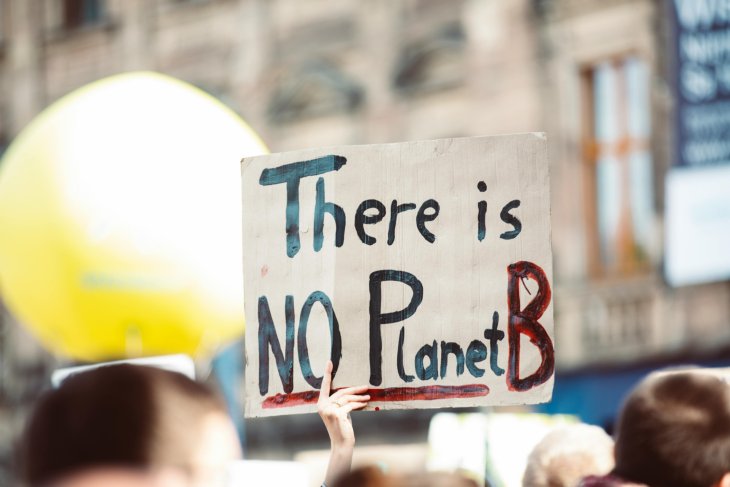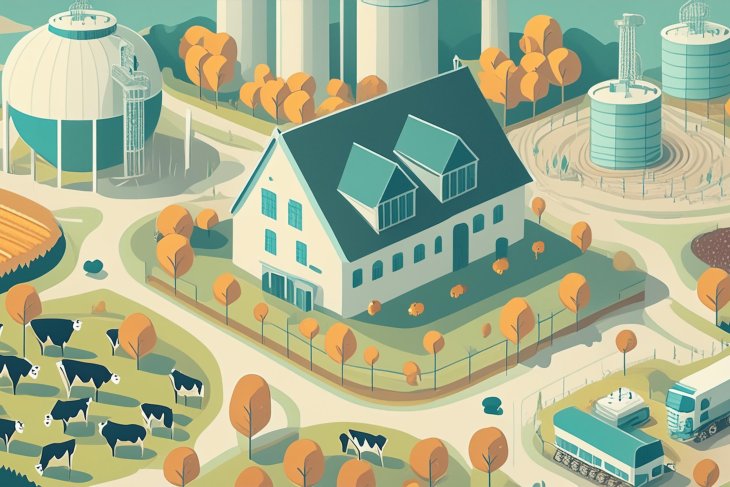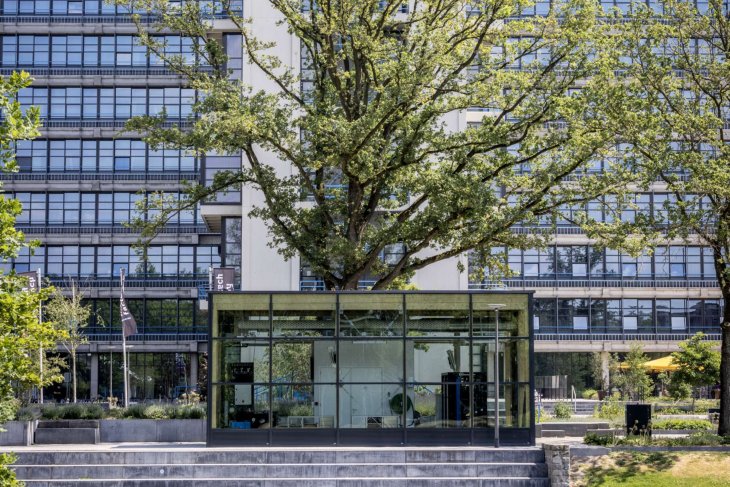In 2015, 196 parties at the UN Climate Change Conference in Paris agreed to cut greenhouse gas emissions. Their ultimate goal was to 'hold the increase in the global average temperature to well below 2°C above pre-industrial levels and pursue efforts to limit the temperature increase to 1.5°C above pre-industrial levels'. To limit global warming to 1.5°C, greenhouse gas emissions must peak before 2025 at the latest and decline 43% by 2030.
Dangerous world
Eight years later, Debra Roberts, a part-time professor at the University of Twente, could only conclude that we are not going to reach that goal. “It's no longer a matter of ‘if’ we will overshoot the 1.5-degree global warming threshold but rather ‘when’. This scenario represents a dangerous world, one we have never encountered. We need to think now about how to act then.” Serving as both a Co-Chair of the Intergovernmental Panel on Climate Change (IPCC) and a practitioner in local government in Africa, she emphasized the urgency of taking climate action.
In their latest report, the IPCC has warned that emissions must peak before 2025 and that we must reduce global carbon emissions by 60% by 2035 if we are to limit global warming to 1.5oC. “Theoretically possible, but not very likely in my opinion. We’re currently investing 7 trillion dollars in fossil fuel subsidies. How likely is it that we will stop those investments in the following two years? Common sense dictates it’s not very likely we will do that,“ explains Roberts.
Plan B
According to Roberts, this means we will have to start thinking about a plan B. Researchers will have to ask new research questions: “Engineers might need to think about the challenge to the resilience of infrastructure, sociologists may need to think about the win-lose situations: what social safety nets one would need during that time.”
“If you think about it, in many cases, the Global South is living in a suboptimal world like that right now. The Global North can learn a lot from the experience and knowledge on these matters from the Global South”, says Roberts. That means the North must be open to knowledge emerging from the lived experiences of people in the Global South. “It is not written in the form of reports or peer-reviewed papers, but mostly experiential knowledge.”
Reality check
We are basically in a tight spot with climate change. Even though countries agreed to limit global warming to 1.5°C back in 2015, it looks like we might miss that goal. Roberts warned it's not a matter of 'if' but 'when' we'll go over that limit, creating a dangerous world. Roberts suggests we need a backup plan, urging scientists and engineers to come up with new ideas and to be open to the knowledge of the Global South.




